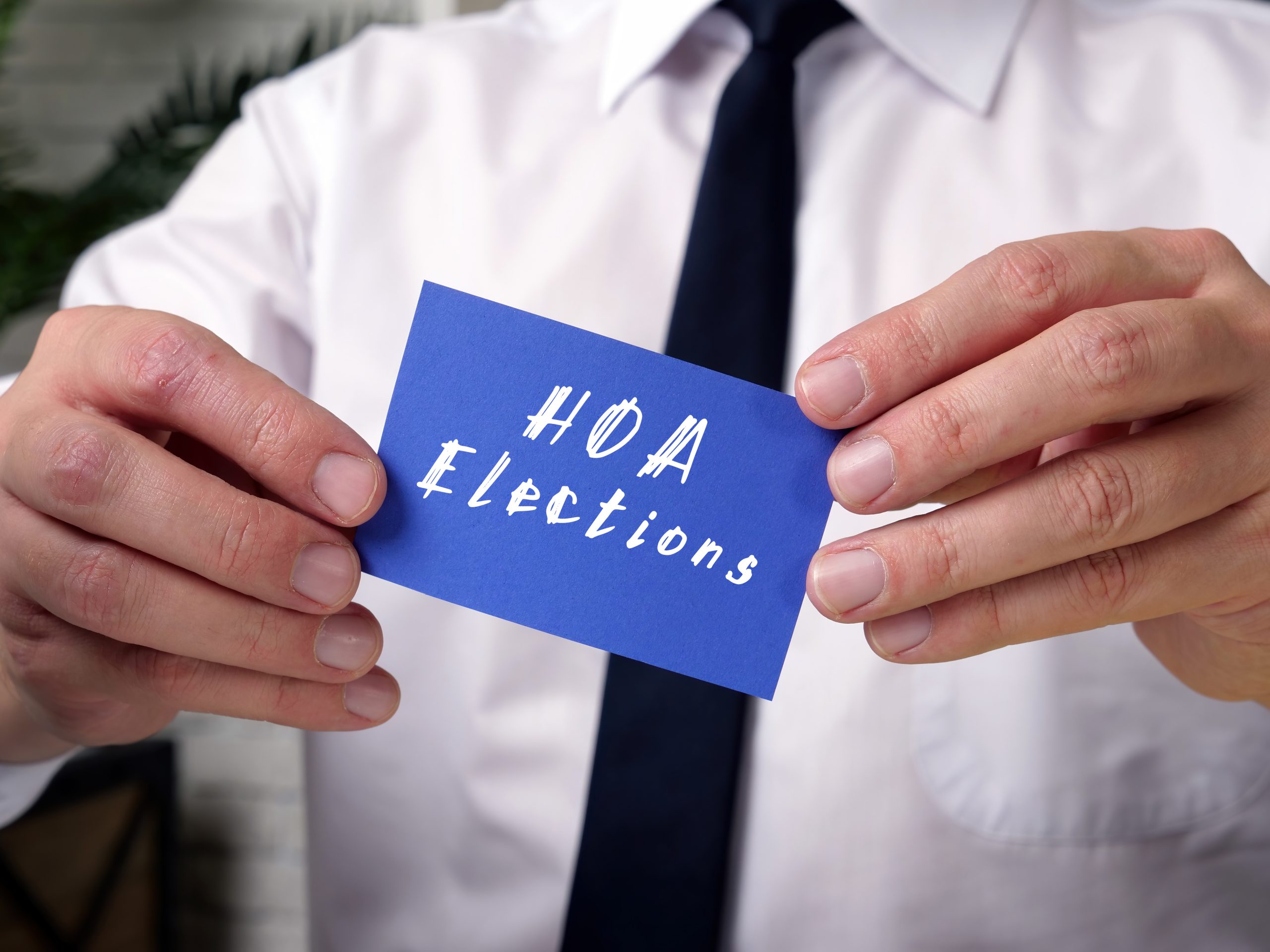The Davis-Stirling Common Interest Development Act (“Davis-Stirling Act”) is the primary body of law governing condo projects and homeowners associations (“HOAs”) in California. The state legislature enacted several bills that went into effect in 2020 that affect common interest developments (CIDs) such as condominium projects. The following is a brief summary of some recent changes to the Davis-Stirling Act (California Civil Code Section 4000 et seq.).
Senate Bill 323 – HOA Elections
This bill amends Sections 5100, 5105, 5110, 5115, 5125, 5145, and 5200 of, and adds Section 5910.1 to, the California Civil Code, relating to CIDs. This bill adds significant new requirements to the HOA election process. A few highlights: The ability of an HOA to impose conditions on a member’s eligibility to vote are constrained; while an HOA can disqualify a candidate from running for the HOA board of directors if that person is not a member of the HOA and for other specified reasons, the allowable grounds for disqualification are limited; inspectors of elections and ballots must be independent third parties; members’ email addresses must be included in the HOA membership list (unless a member opts out in writing). HOAs must make changes to their election rules to implement the requirements of SB 323.
Senate Bill 326
Adds Sections 5551 and 5986 to, and amends Section 6150 of, the California Civil Code.
Section 5551 – Inspection of Balconies
This new law applies to condo buildings with three or more units. It requires HOAs to perform periodic inspections of all exterior elevated elements that are more than six feet off the ground and supported in substantial part by wood or wood-based products, such as balconies, decks, stairways and walkways. These inspections must be performed by a licensed structural engineer or architect, and be completed no later than 2025, and thereafter at least every nine years.
Sections 5986 and 6150 – Authority to Commence Legal Proceedings
These laws prohibit, with certain exceptions, an HOA’s governing documents from limiting an HOA board’s authority to commence legal proceedings against a declarant, developer, or builder of a CID. Members of an HOA must be provided with a notice specifying, among other things, that a meeting will take place to discuss problems that may lead to the filing of a civil action against a declarant, developer, or builder of a CID, which notice must inform members that the potential impacts of filing a civil action, including financial, to the HOA and its members will be discussed at the meeting.
Assembly Bill 670 – Accessory Dwelling Units
This bill adds Section 4751 to the California Civil Code. This law renders void any provision in an HOA’s governing documents that prohibits the construction or use of an “accessory dwelling unit” (ADU) on a single-family lot. An association may enact reasonable restrictions regulating ADUs so long as they do not effectively prohibit or unreasonably increase the cost to construct an ADU. This new law applies primarily to planned developments with single family lots that are separately owned, and is not applicable to most condo projects.
Senate Bill 652 – Display of Religious Items
This bill adds Sections 1940.45 and 4706 to the California Civil Code. Subject to specified exceptions, this law prohibits the governing documents of a CID from banning the display of religious items on the entry door or entry door frame of a member’s unit. A religious item must be displayed because of a sincerely held religious belief and may not, individually or in combination with any other displayed religious item, exceed the lessor of 36×12 square inches or the size of the door.
Authored by Reuben, Junius & Rose, LLP Attorney Jay Drake.
The issues discussed in this update are not intended to be legal advice and no attorney-client relationship is established with the recipient. Readers should consult with legal counsel before relying on any of the information contained herein. Reuben, Junius & Rose, LLP is a full service real estate law firm. We specialize in land use, development and entitlement law. We also provide a wide range of transactional services, including leasing, acquisitions and sales, formation of limited liability companies and other entities, lending/workout assistance, subdivision and condominium work.



